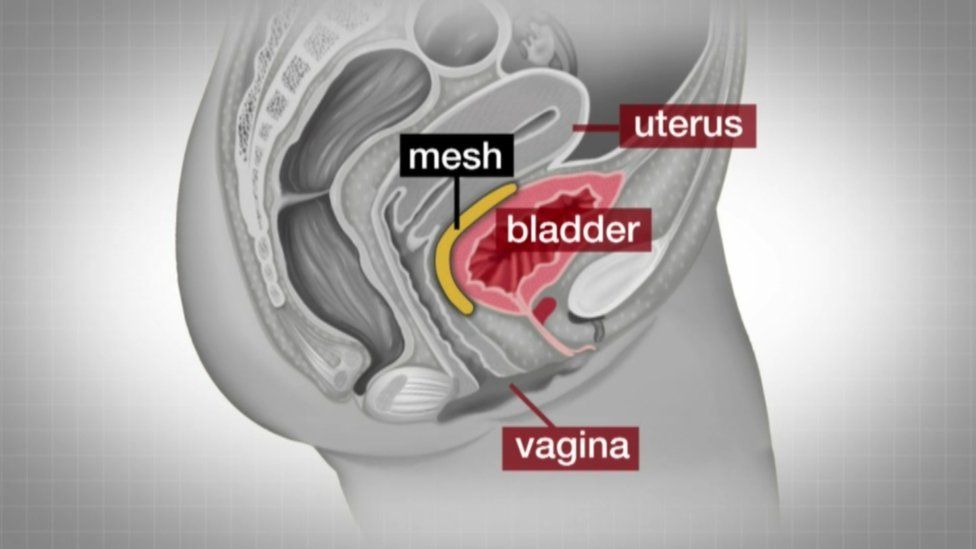According to a case study, women who underwent mesh surgery were not given complete information prior to the potentially life-changing procedure.
Insufficient communication between patients and doctors, according to the study, sometimes resulted in mistrust.
Medical records frequently contained errors or lacked specific information about procedures performed or their results.
Two years were spent reviewing the cases of 18 women who had transvaginal mesh implants.
In order to track women who have had operations to remove mesh in Scotland, abroad, or privately, it has now been demanded that a thorough register be set up.
Other recommendations made by Glasgow Caledonian University in their review of case records involving transvaginal mesh include:.
- improved post-operative care.
- Use of simple terms will help patients fully understand the goals of surgery. .
Over 40,000 pages of records were examined for the review, which was overseen by Prof. Alison Britton.
According to Prof. Britton, better communication and results depend on a new register.
Some women travel to the United States or other countries for private surgery, she told BBC Scotland. Other types of surgery, such as cosmetic surgery, can also be performed in addition to revision surgery to remove medical mesh devices.
"Managing the resources to be able to support these women in the future will be very challenging if we don't know what they've had. ".
Mesh implants have been used to treat issues like prolapse and incontinence that some postpartum women experience.
However, after causing painful, life-altering side effects in hundreds of women, Scotland banned its use.
In the UK, the NHS has temporarily stopped using the method, barring any viable alternatives.
Although there have been serious concerns raised about the introduction and promotion of the procedure, it is still unclear how many women experience complications.

Prof. Britton continued, "Each patient has a right to expect and receive accurate information prior to selecting a course of treatment, as well as to guidance regarding the outcomes and implications of any intervention.
"Many of the problems that subsequently arose during the course of the women's clinical journey may have been avoided if clear and generally understood language had been used to explain to women potential treatments and outcomes, even if these were uncertain prior to surgery.
"In a number of the cases, we found that the case records describing the type of mesh revision surgery and its potential outcomes lacked clarity. Some notes were incorrect, but other cases had nothing to do with the surgery that had taken place or its results. Without the commissioning of the review, these issues might not have been revealed.
"We understood that women had doubts about the veracity and substance of their case records, and that this needed to be investigated. The women needed to know that their situation was real and that they weren't just making it up if they wanted to move on with their lives. ".








